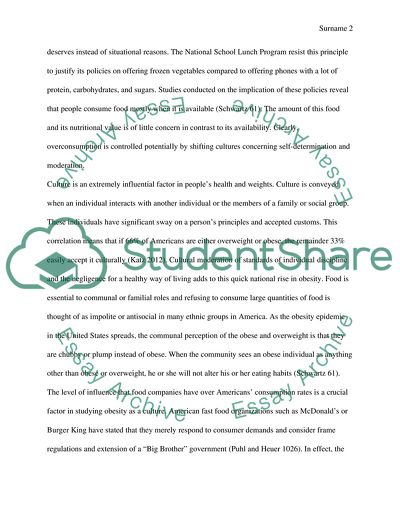Cite this document
(Obesity in American Culture as a Public Health Problem Literature review Example | Topics and Well Written Essays - 1250 words, n.d.)
Obesity in American Culture as a Public Health Problem Literature review Example | Topics and Well Written Essays - 1250 words. https://studentshare.org/sociology/1875519-obesity-in-american-culture
Obesity in American Culture as a Public Health Problem Literature review Example | Topics and Well Written Essays - 1250 words. https://studentshare.org/sociology/1875519-obesity-in-american-culture
(Obesity in American Culture As a Public Health Problem Literature Review Example | Topics and Well Written Essays - 1250 Words)
Obesity in American Culture As a Public Health Problem Literature Review Example | Topics and Well Written Essays - 1250 Words. https://studentshare.org/sociology/1875519-obesity-in-american-culture.
Obesity in American Culture As a Public Health Problem Literature Review Example | Topics and Well Written Essays - 1250 Words. https://studentshare.org/sociology/1875519-obesity-in-american-culture.
“Obesity in American Culture As a Public Health Problem Literature Review Example | Topics and Well Written Essays - 1250 Words”. https://studentshare.org/sociology/1875519-obesity-in-american-culture.


